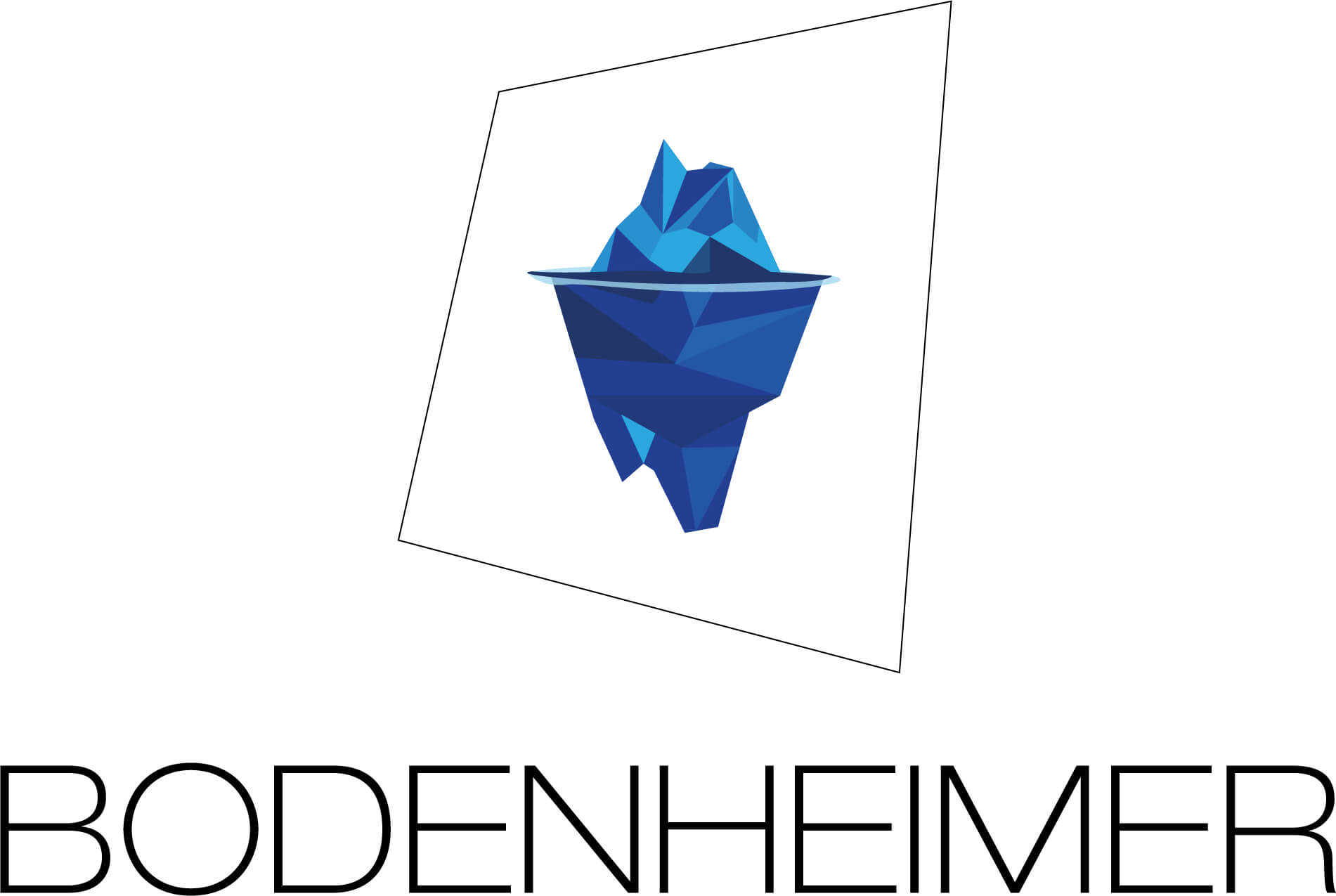
In domestic and international construction projects alike, project complexity has led to the emergence of standard form contracts for different scenarios, e.g. for traditional procurement (“design bid build”), design and build, EPC/turnkey, and design build operate (DBO) projects. Although the different forms vary greatly as to their substance, they all have in common that the default statutory provisions of the applicable law are less relevant due to the length and depth of the standard forms. The forms usually overwrite non-mandatory provisions of the applicable law.
Certain standard construction contracts have been specifically drafted for use in international projects. The most prominent example are the FIDIC contracts. Other standard form contracts, such as NEC contracts, originate from one jurisdiction (in the case of the NEC contracts: the UK) where they are used as a domestic contract; but they (also) have been drafted with the international use in mind. NEC contracts are, for instance, also widely used in Hong Kong, Australia, New Zealand, and South Africa.
State-of-the-art international standard construction contracts typically contain extended, highly prescriptive procedures primarily serving project management purposes. The prescriptive style of such modern international standard contracts, such as FIDIC contracts, makes them much longer than traditional civil law forms such as the German VOB/B standard form. International standard form contracts ordinarily stipulate time periods within which the parties must undertake specific actions. Non-compliance may lead to harsh consequences. The forms use, for example, exclusion (time bar) clauses. There are also deemed clauses to determine what shall happen in case of non-compliance. In order not to be caught unaware by these pitfalls, the parties (and the engineer and/or contract administrator) must pay great attention – and are advised to invest into their contract management capacities.
The use of standard forms in international construction projects has great advantages: The parties do not have to learn new contractual procedures from scratch again and again when a project starts. This standardisation, together with the international custom of agreeing on arbitration clauses, has positive effects on dispute resolution in this field: These elements emancipate international construction disputes from the beaten path of national construction law, often unfit to deal with genuinely international projects. Not only do specialised construction arbitrators have a good technical understanding of the factual issues at stake in construction matters. They also bring to the table deep practical expertise in standardised construction contracts. This has a positive effect on the costs and time of dispute resolution.
The most widely used standard contracts in international construction projects are those of the FIDIC family. Other contracts used internationally are NEC contracts, the ENAA Model Form – International Contract for Process Plant Construction, the ICC Turnkey Contract, and the Orgalime Turnkey Contract.
BODENHEIMER have vast experience in international construction contracts.
BODENHEIMER Representative Matters as Parties’ Counsel
Represented a German supplier of metal facades in a dispute against a Polish construction company revolving around claims arising out of a construction contract
Advised a German manufacturer of metal structures in regard to an English JCT construction contract for an art gallery in London
Advised a German supplier of metal facades in regard to a cooperation contract concluded with a Swiss coating company
Drafted and negotiated a contract between a German manufacturer of high-quality coated abrasives and an Italian subcontractor for the construction of a plant in Germany
BODENHEIMER Representative Matters as Arbitrators
Acted as Sole Arbitrator in a DIAC arbitration between a Qatari subsidiary against two subsidiaries one Qatari and one Spanish revolving around claims arising out of a construction contract connected to an infrastructure project, with Qatari Law as the governing law and Dubai as the place of the arbitration (Dr Rouven F. Bodenheimer)
Acted as Sole Arbitrator in a DIAC arbitration between two United Arab Emirates parties, a manufacturer and a construction firm, revolving around claims arising out of a construction contract connected to an infrastructure project, with United Arab Emirates Law as the governing law and Dubai as the place of the arbitration (Dr Rouven F. Bodenheimer)
Acted as Presiding Arbitrator in a DIAC arbitration between two United Arab Emirates parties, a businessman and a developer of construction projects revolving around construction claims, with United Arab Emirates Law as the governing law and Dubai as the place of the arbitration (Dr Rouven F. Bodenheimer)
Acted as Co-Arbitrator in an ICC arbitration between a Cyprus member of a group of construction companies against an Italian manufacturer, with claims arising out of a construction contract, with CISG, Italian and Swiss Law as the governing laws and Zurich as the place of the arbitration (Axel Benjamin Herzberg)
CONTACTS FOR THIS PRACTICE AREA:












